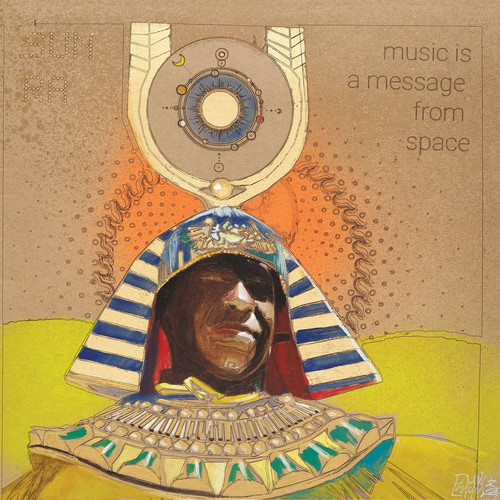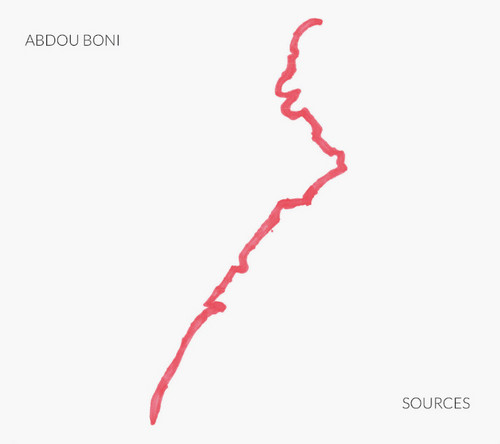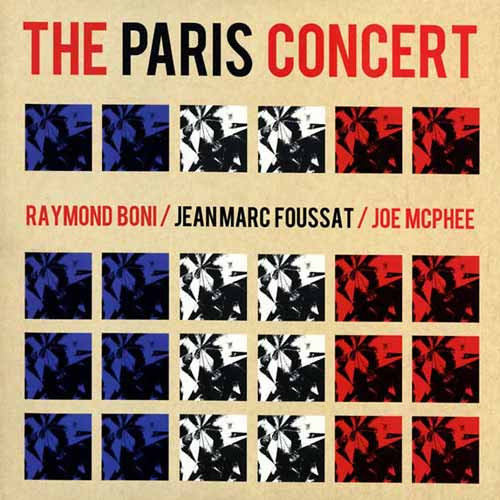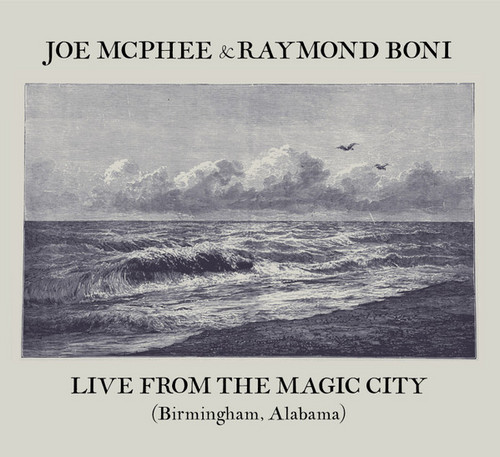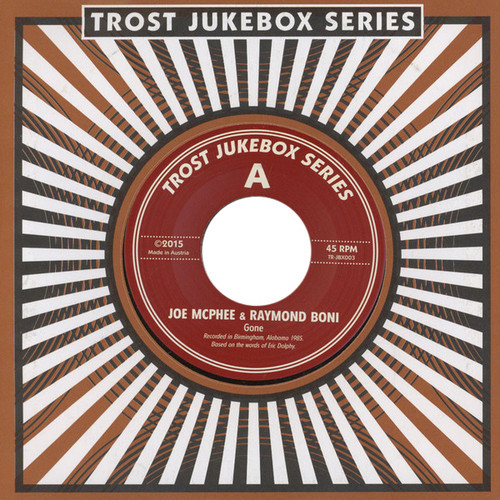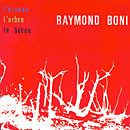Raymond Boni
Music is a Message From Space
Yet another triumph from the legendary multi-instrumentalist, Joe McPhee, Corbett Vs. Dempsey drops "The Mystery J", their first ever full-length vinyl release, issued in a limited edition of 500 copies. Recorded in 2014 with violist Jen Clare Paulson and Brian Labycz on electronics, it writhes with bristling tension, while retaining a remarkably minimal form. Visionary experimentalism and freejazz reimagined on entirely singular terms, 'The Mystery J' encounters McPhee producing some of his bes…
Sources
This almost acoustic duet is the result of instrumental introspection on both sides, over the long term, so that one day the encounter will happen. These two figures of improvised music, with contrasting backgrounds but common values, explore together the sound matter, and reveal the surprising complementarity of their playgrounds.
Sakina Abdou and Raymond Boni give us to hear the spontaneity of a game cultivated with as much seriousness as casualness, in which the incarnation prevails to any fo…
The Paris Concert
** restocked** Kye is proud to present The Paris Concert, the second installment in our Joe McPhee archival series, following 2015's To Be Continued. Recorded May 13th 2015 The Paris Concert documents a historical private performance held in a 5th floor Paris apartment to an invited audience of 15 people. '40 years after a chance meeting in 1975 at The American Center in Paris, Raymond Boni (guitar), Jean Marc Foussat (synthesizer) and Joe McPhee (tenor/pocket trumpet) reunite with an impromptu …
Live From The Magic City (Birmingham, Alabama)
Joe McPhee and Raymond Boni at Hulsey Recital Hall on the University of Alabama at Birmingham (UAB) campus on April 20, 1985. Joe McPhee - soprano saxophone, electronics and voice; Raymond Boni - electric guitar and electronics. The complete was concert inspired by the words of Eric Dolphy: "When you hear music, After it's over, It's gone, In the air, You can never capture it again."
Jukebox-Series 003
Trost continues its Trost Jukebox Series of 7"s. Raymond Boni is a French jazz guitarist and composer. Joe McPhee (born November 3, 1939) is an American jazz multi-instrumentalist born in Miami, Florida, a player of tenor, alto, and soprano saxophone, the trumpet, flugelhorn and valve trombone. McPhee grew up in Poughkeepsie, New York, and is most notable for his free jazz work done from the late 1960s to the present day. Raymond Boni - guitar and electronics / Joe McPhee - soprano saxophone, vo…
L\'oiseau / L\'arbre / Le Béton
his first solo album, included in the NWW list. Influenced by musicians as diverse as Django Reinhardt and Cecil Taylor, French guitarist Raymond Boni has developed a unique and dazzling style derived from gypsy technique. After studying the piano and switching to the harmonica, Raymond Boni learned how to play the guitar with Gypsies living near his home. This empirical experience would leave a permanent imprint on Boni's approach to the instrument. In the early '60s, still a teenager, he decid…
